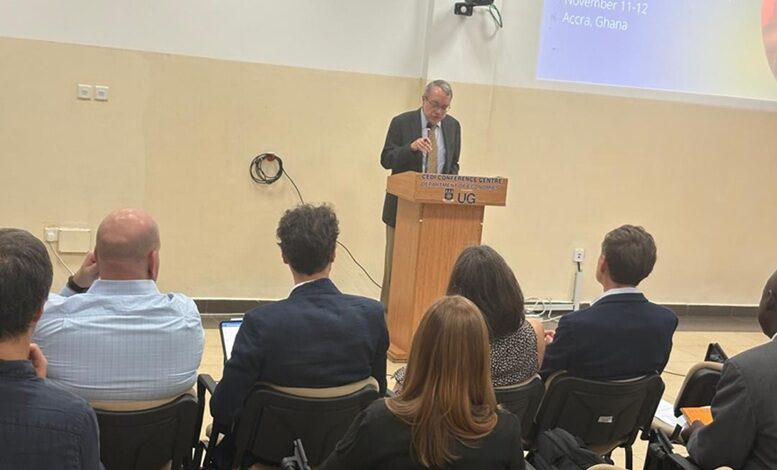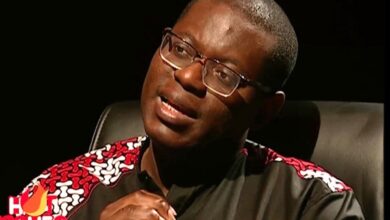Women Work Hard, But Still Earn Less — World Bank, ACET Call for Gender-Focused Economic Reform

Across Ghana, women are working harder than ever. They trade in markets, farm the land, run small businesses, and power homes and communities. Yet for most, the rewards remain painfully small.
That reality came into sharp focus at the Women and Jobs in Africa Policy Workshop in Accra, where the World Bank and the African Center for Economic Transformation (ACET) warned that while women’s participation in Ghana’s workforce is high, their job quality and earnings lag far behind those of men.
Hard Work, Little Return
Robert Taliercio, World Bank Country Director for Ghana, Liberia and Sierra Leone, said Ghanaian women are working — but not advancing. Many are trapped in informal and low-paying sectors such as petty trading, subsistence farming, and small-scale services.
“Women are active in the economy, but their work rarely leads to higher income or stability,” he observed. “They are doing their part, but the system is not rewarding them fairly.”
Men, by contrast, are more visible in higher-skilled and better-paid areas like construction, engineering, technology, and business services.
Taliercio explained that the problem is not just about jobs, but the type of jobs women can access. “When women’s work does not move them forward, the entire economy loses out,” he said.
Gender Inequality is Structural, Not Natural
Echoing the same concern, Mavis Owusu-Gyamfi, President and CEO of ACET, said the imbalance stems from long-standing structural barriers that limit women’s access to finance, networks, and decision-making spaces.
“Despite overwhelming evidence of the economic benefits of including women, progress remains frustratingly slow,” she said. “Women are still overrepresented in the informal sector and underrepresented in leadership and innovation.”
She warned that young women face even tougher barriers — fewer job opportunities, limited career paths, and almost no protection from economic shocks.
“For too long, economic policy has been treated as gender-neutral,” Owusu-Gyamfi argued. “Neutrality doesn’t work when women and men don’t start from the same point. That’s why we must be intentional — gender equality must sit at the heart of economic policymaking.”
Through ACET’s Gender Equality Programme, her organization is partnering with governments to integrate gender into all stages of policy design, from planning to implementation, to remove barriers that hold women back.
Agriculture Can Be a Game-Changer
Both institutions agree that agriculture and agribusiness could become key pathways for empowering women. In Ghana, most rural women already work in farming and food-related businesses, but productivity remains low due to poor access to modern tools, credit, and markets.
Taliercio said investment in agribusiness value chains — from seed improvement to processing and marketing — could lift incomes and create thousands of jobs for women and youth.
“With better financing, infrastructure and market linkages, agriculture can deliver real prosperity for Ghanaian women,” he said.
The Way Forward
Improving job quality for women, both leaders said, will require a deliberate national effort — from expanding access to credit for women entrepreneurs to providing market-driven technical training, modernizing infrastructure, and improving the transition from school to work for young women.
Ghana’s growing youth population makes this even more urgent. Over the next decade, millions of young people — half of them female — will enter the labour market. Whether they find quality jobs or not will determine the country’s social and economic future.
“When women earn more, families thrive. Children stay in school, nutrition improves, and communities grow stronger,” Taliercio said. “Creating better opportunities for women is not just the right thing to do — it’s smart economics.”




